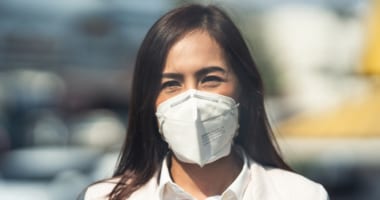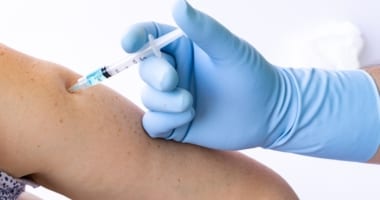 Most of us work in private, office-based settings. We are not emergency rooms, hospitals or infectious disease specialists. Most of us will not have the ability to test for coronavirus or to obtain adequate personal protective equipment.
Most of us work in private, office-based settings. We are not emergency rooms, hospitals or infectious disease specialists. Most of us will not have the ability to test for coronavirus or to obtain adequate personal protective equipment.
So what should we do? We believe that the most important role we can play, is to optimally manage our patients’ allergies and asthma. Our patients will be particularly hard-hit by this virus and this will be exacerbated if their allergies and asthma are not under control. Our primary focus should be on maintaining our patients’ medications and allergen immunotherapy.
If you are able to provide testing and treatment with appropriate personal protective equipment, patients with signs of upper respiratory infections or fevers should be kept away from otherwise well patients that are being seen for preventative allergy care.
If you are unable to provide testing and treatment with appropriate personal protective equipment, or if separation in your office is not possible, sick visits for upper respiratory illness should be referred to their primary care physician – if possible – to ensure appropriate testing and management of potential coronavirus infections.
We should otherwise implement enhanced virus prevention strategies. Remove magazines and other potential fomites from our offices. Patient areas, including waiting rooms, should be cleaned several times per day. Staff should wash hands for 20 seconds or use hand-sanitizer with more than 60% alcohol before and after every patient contact. Staff with any signs of an upper respiratory infection should not come to work and should self-quarantine at home for 14 days after exposure to any known cases.
While we are not epidemiologists or public health officials, as immunologists, we can assist our communities in either the absence of public health directives or to help interpret and implement those instructions. We should be talking to schools, businesses, event planners, and community officials about the importance of social distancing in mitigating the peak of the infection. If we can delay this infection instead of having a peak that overwhelms our healthcare system, we can prevent many unnecessary deaths. Allergists should play an important role in protecting our patients and our communities.
John Seyerle, MD, FACAAI


